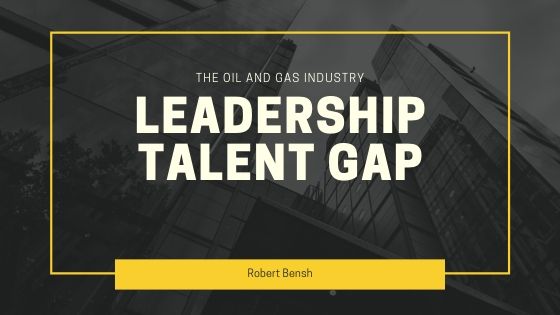The oil and gas industry is currently undergoing a major talent gap, especially when it comes to leadership. There are many reasons for this. Many experienced industry leaders are retiring, and there are not enough graduates interested in an oil and gas industry career to take their place.
The very nature of the oil industry is highly volatile, meaning many unhappy workers have left for more stable careers. When industry downturns occur, leaders are forced to cut costs. Training courses and recruitment efforts are often the first thing to go. This traps the industry in a dangerous cycle, meaning that today there are very few individuals qualified for senior leadership positions. Breaking the cycle may be difficult, but the act is far from impossible.
Focus on Recruitment
Recruitment is one of the most crucial steps when it comes to talented employees. In this modern age, companies can no longer expect exceptional employees to seek them out. Instead, recruiters should be proactive about finding employees with global leadership potential. The oil and gas industry is constantly evolving, and recruiters can not afford to be afraid to update their strategies. An outdated, one-size-fits-all model is not the way to go. Instead, recruiters need to prioritize remaining flexible and utilizing non-traditional methods such as the following.
Consider Candidates from Outside the Industry
At this point, recruiters should also be open to considering talented individuals who may not possess certain technical skills. By only considering those currently employed in the oil and gas industry, companies are restricting themselves to the oil and gas “talent box.” Technical, job-specific skills can be acquired with training. Soft skills such as quick and confident decision making, however, cannot.
Leverage Current Talent
Another step companies can take is to leverage the talent they already have. Many workers have the potential to become leaders. There is no time like the present to start investing in these individuals. They should considering implementing mentorship opportunities. Although trainings are expensive, investing in them now will pay off in future years. Companies should also codify their current knowledge base.
The current leadership gap is one of the greatest challenges the industry faces today. This great challenge, however, does present a fantastic opportunity for growth. For too long, the oil and gas industry has focused on technology and resources. Now, many leaders realize that it is time to begin investing in the human element.
